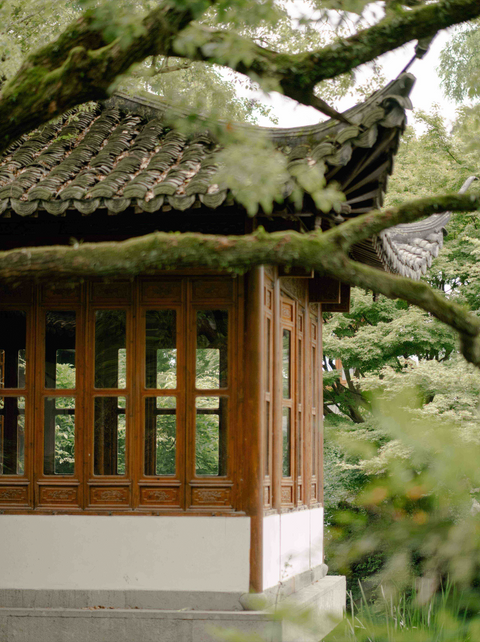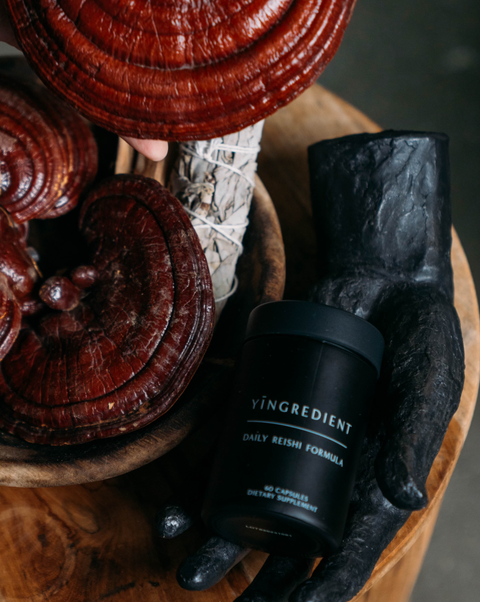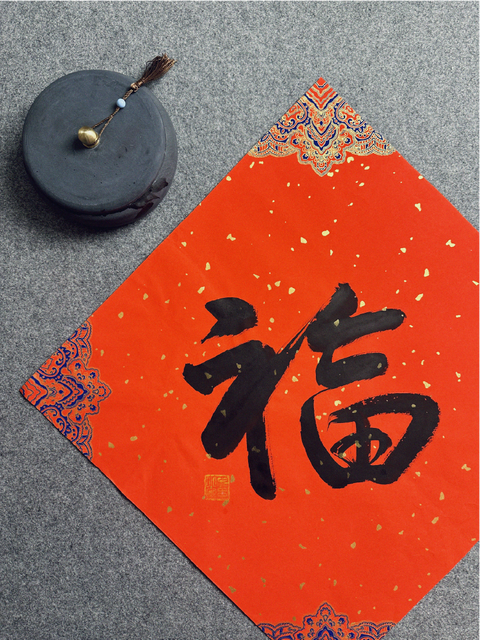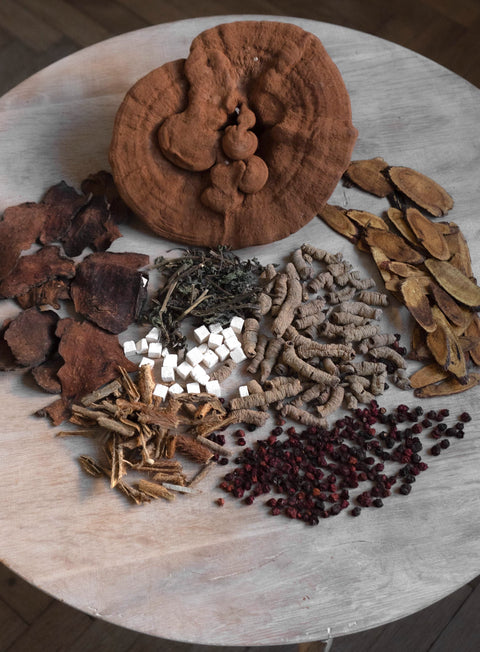
An Introduction to Traditional Chinese Medicine
Imagine a time when we understood the body by observing nature, our habits were inspired by the seasons, and the art of healing was intertwined with daily life. This is ancient China, the birthplace of Traditional Chinese Medicine (TCM).
TCM is a holistic healing system rooted in a deep reverence for the balance and harmony between nature, the human body, and the mind. Let’s explore the foundations of Traditional Chinese medicine and how these ancient principles can still guide us toward well-being today.
Timeless Wisdom: The Historical Roots of Traditional Chinese Medicine
Traditional Chinese Medicine is a practice dating back over 2,500 years (although some artifacts suggest it could be even older). One of the most intriguing things about TCM is how it is not a rigid system stuck in time, but a practice that evolves with each era – including our own.
Ancient Beginnings
As far back as 2000 BCE, during the Shang Dynasty, Chinese healers began documenting their observations and knowledge of herbal remedies and healing practices. These early writings laid the foundation for what would become Traditional Chinese Medicine.
Theories Take Shape
Over the centuries, TCM continued to evolve and expand its horizons. During the Warring States period (475-221 BCE), the legendary Huangdi Neijing, or the "Yellow Emperor's Inner Canon," emerged as a cornerstone of TCM. This ancient text laid out the fundamental concepts of Yin and Yang, Qi, and the Five Elements theory. These theories continue to inform TCM practice today.
The Dynastic Influence
The Han Dynasty (206 BCE - 220 CE) marked one of the most influential times for TCM practice. It was during this time when acupuncture, one of the most iconic TCM therapies, made its debut during this era, as did many of the classical herbal formulas still used today.
The subsequent Tang Dynasty (618-907 CE) saw the compilation of the first official pharmacopeia, the "Tang Materia Medica," a comprehensive guide to herbal remedies that remains a vital resource for TCM herbalists.
The Ming (1368-1644) and Qing (1644-1912) Dynasties brought a sense of refinement to Chinese medicine, as practices like acupuncture and herbal prescriptions became more structured and systematized. During this time, TCM spread beyond China's borders and influenced neighboring countries – such as Japan and Korea – who went on to use these methods to develop their own unique healing systems.
A Modern and Global Healing Practice
With the founding of the People's Republic of China in 1949, TCM underwent modernization and integration into the national healthcare system. Today, this modern form of TCM is a respected and widely practiced form of complementary and alternative medicine both in China and around the world.
Finding Balance: The Foundation of Traditional Chinese Medicine
From ancient times to the modern day, TCM has been shaped by the people, environment, and technology of the time. Still, the heart of TCM remains the same:
-
We are whole beings, not separate parts.
In TCM, the mind, body, and soul are all considered one. Each and every structure in your body is an integral and necessary part of the whole. Along with your mind, emotions, and spirit, your physical body structures form a complex system that is powered by life force (Qi) or energy.
-
We are intertwined with nature.
From shifts in the seasons, to geographic location, and even the time of day, nature deeply influences our well-being. To live well is to live in tune with nature.
-
Healing begins within.
TCM works not by forcing your body to work differently, but by guiding your body to its natural state of harmony. Your body mirrors the regeneration seen in nature itself.
-
Prevention is the first – and best – medicine.
TCM does help to manage symptoms, but it is first and foremost a preventative medicine. Your body continually communicates its state of health through subtle signs and signals. TCM empowers you to decipher these messages, ensuring that you address imbalances before they escalate into more complex issues.
Start your journey with Traditional Chinese Medicine today with Daily Reishi Formula. Shop Now.
About the Author:

Kate Downes, L.Ac MSAOM
Kate Downes, a Licensed Acupuncturist and Herbalist with an MSAOM degree, combines her passion for herbal medicine and Chinese medicine into a thriving career. Initially practicing in Indianapolis, IN, she embraced a global journey, transitioning from face-to-face care to sharing her expertise as a remote herbalist and writer. Collaborating with wellness brands and health pioneers, Kate focuses on women’s health, using her platform to promote balance and wellness. Her transition into writing allows her to reach a wider audience, establishing her as a trusted expert in the wellness community.






Comments (0)
There are no comments for this article. Be the first one to leave a message!